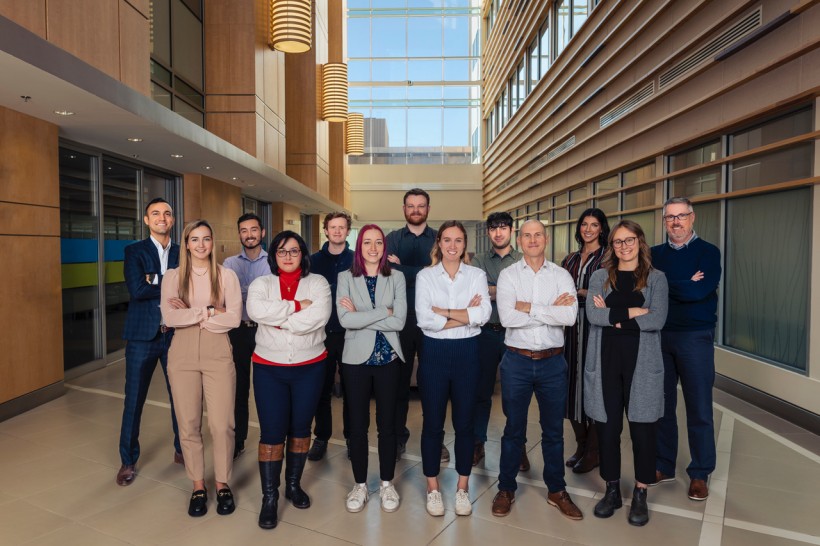Halifax medtech startup NovaResp, which is developing an algorithm to help manage sleep apnea, has raised a $2 million funding round led by pre-seed venture capital firm Concrete Ventures as it eyes commercialization in 2024.
Invest Nova Scotia also bought in, alongside angel investors, including several repeat-backers. In a statement, NovaResp described the raise as “seed plus funding” earmarked for research and development work, alongside a regulatory approval push.
NovaResp’s artificial intelligence software is meant to be compatible with any continuous positive airway pressure, or CPAP machine — the medical equipment used to treat sleep apnea by forcing air into the user’s lungs. The system aims to predict sleep apnea events, during which a person stops breathing, and add air pressure proactively instead of reactively.
“Early prediction of apnea events permits the use of a lower air pressure for patient intervention, which in turn contributes to greater patient comfort," said CEO Hamed Hanafi in a statement. "Looking forward, this can also lead to dramatic reductions in the size, power consumption and complexity of PAP machines.
"(NovaResp's technology) provides an opportunity to collect richer user information for data analytics and true personalized therapy. Ultimately, a better CPAP experience will lead to better user adherence and potentially improved health outcomes.”
Earlier this week, the Atlantic Canada Opportunities Agency also announced it was loaning $250,000 to NovaResp to hire a regulatory consultant.
Founded by Dalhousie University biomedical engineer Hanafi in 2016, NovaResp was originally planning to manufacture a physical device to go along with the AI, and a Thursday press release hinted the company could eventually commercialize its own CPAP machine. But a study conducted by Hanafi and his collaborators in 2019 suggested the algorithm could accomplish its purpose without the need to physically modify the machine.
Hanafi has previously said he hopes to eventually deploy NovaResp’s system for other applications, such as to more efficiently operate non-invasive ventilators for chronic obstructive pulmonary disorder patients and anasthesia machines.
The company previously raised a $1.1 million seed round in 2021.










